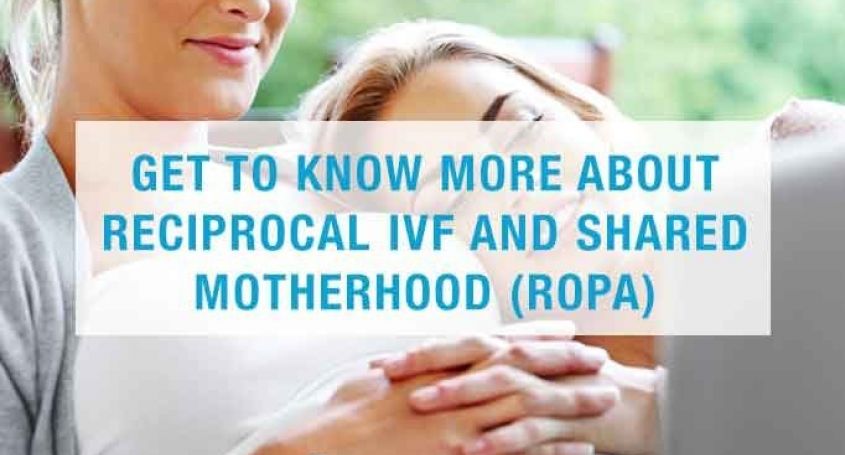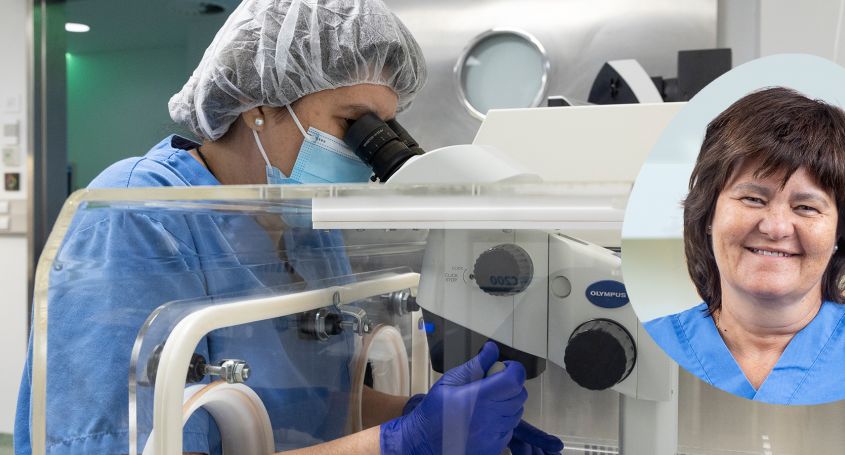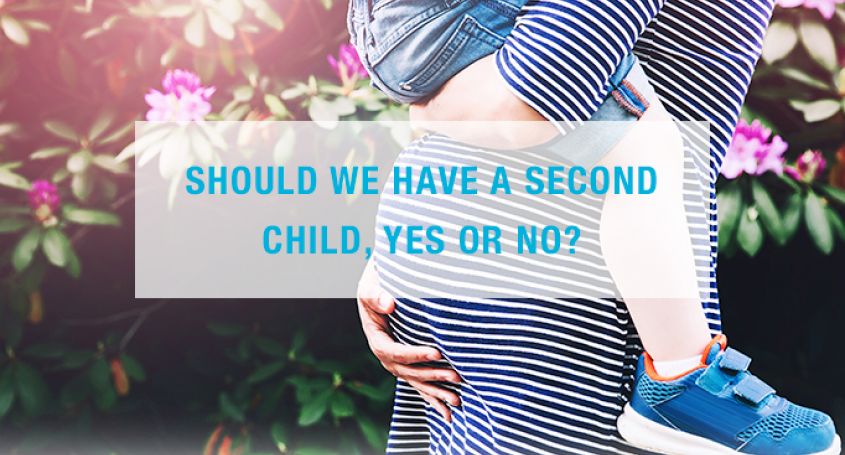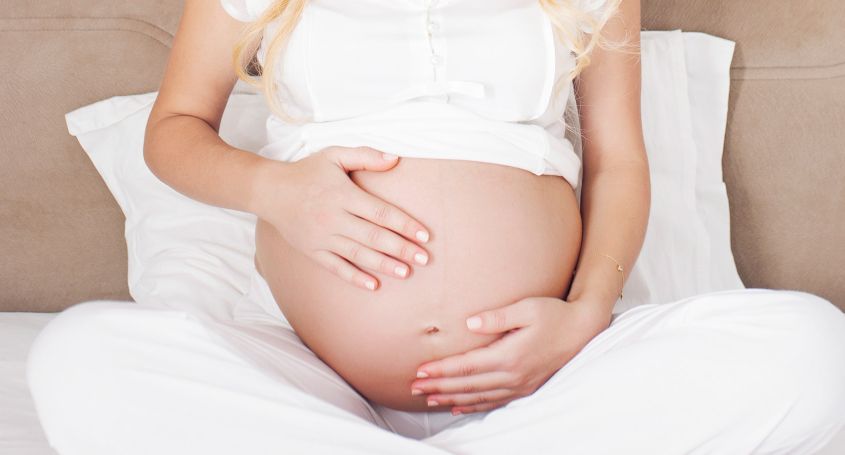Reciprocal IVF (the ROPA method) is an assisted reproduction treatment allowing female couples that both participate in maternity. The acronym means “Reception of Oocytes from the PArtner”.
Reciprocal IVF, what is it?
In a Reciprocal IVF treatment one of the partners will first undergo an IVF cycle. The obtained embryos, once the oocytes are fertilized with sperm from the sperm bank, are transferred to the other partner. Thus one woman donates her oocytes to her partner who will receive them. Hence Reciprocal IVF is also known as “double maternity”.
In Spain this assisted reproduction technique is legal and more and more lesbian couples chose it because it allows them to share the fact of being mothers.
How is it done?
We perform Reciprocal IVF at Barcelona IVF and we have noticed an increased demand for this treatment. The results are very good especially when the oocytes that are used are young because the quality of the embryos depends greatly on the woman’s age. However when raising a Reciprocal IVF treatment, the way how the couple wants to carry out the treatment must be considered and respected because many couples know clearly who wants to get pregnant and who wants to donate the oocytes. A good guidance is essential in order to establish the best treatment for each case.
The process
During the Reciprocal IVF treatment both women continue with their treatment. Initially we must ensure that both get the period at the same time, so that on the one hand the woman who donates the oocytes starts the stimulation of her ovaries (IVF) and on the other hand the woman who receives the embryos prepares her uterus in order to achieve pregnancy.
In our experience all Reciprocal IVF treatments that have achieved pregnancy are a great satisfaction for the couple as both have felt part of the maternity Project they have assumed jointly.





















